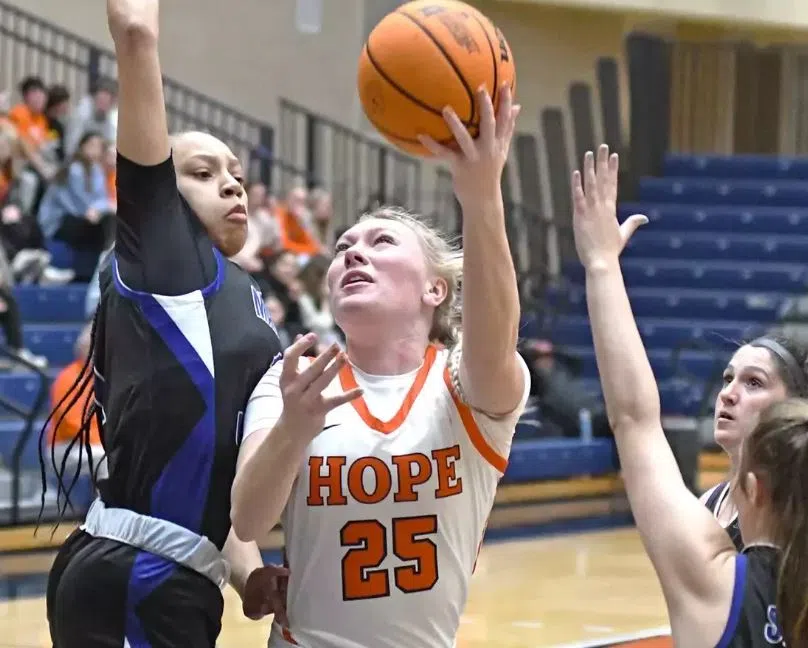By Steve Keating
BIRMINGHAM, England (Reuters) – The Ukraine war will not provide a free pass for drug cheats, the head of the World Anti-Doping Agency (WADA) told Reuters, adding that testing of Russian athletes would continue even though most remain banned from international competition.
WADA president Witold Banka said that it was monitoring the Russian Anti-Doping Agency (RUSADA), which was continuing to test athletes, but admitted to concerns of gaps in collection and results management given Russia’s long doping history.
A Russian doping scandal, involving revelations of a state-backed system across many sports, following the Sochi 2014 Olympics led to Russian athletes competing as neutrals at subsequent Games as part of International Olympic Committee (IOC) sanctions.
“I am extremely cautious, I will not say I am confident,” Banka told Reuters ahead of opening of the Birmingham Commonwealth Games on Thursday. “We monitor what they are doing.
“We still have an open line of communication with RUSADA to make sure the war is not giving a free pass to cheats.”
The Russian invasion of Ukraine, which Moscow calls a “special military operation”, has also impacted an investigation into a drugs scandal involving teenage Russian figure skater Kamila Valieva at the 2022 Beijing Games.
Valieva failed a doping test at the Russian national championships last December but the result was only revealed on Feb. 8, a day after she had already helped the Russian Olympic Committee (ROC) win the team event at the Beijing Games.
Banka said WADA continues to wait for the results of a RUSADA led independent investigation and a decision of a RUSADA disciplinary panel but warned the clock is ticking.
The WADA Code requires such investigations to be completed in six months but in some cases allows for more time.
If WADA gets any indication that RUSADA is dragging its feet, Banka assured they will not hesitate to take the case directly to the Court of Arbitration for Sport.
The United States Olympic and Paralympic Committee (USOPC) brought the matter up during a meeting earlier this month of the White House’s Office of National Drug Control Policy (ONDCP) and WADA.
The U.S. could be elevated from silver to team gold if Valieva is found guilty of a doping offence.
The IOC also told anti-doping bodies in May that it wants a quick resolution so that a delayed medals ceremony can proceed.
“They (USOPC) raised concerns about the timing we assured them we are not ignoring this case,” said Banka. “If from our perspective RUSADA is too slow or we see some strange obstacles we can always go directly to CAS.
“After six months, which is coming very soon, we will look at the process.
“But I can promise we are keeping an eye on this.”
(Reporting by Steve Keating in Birmingham. Editing by Toby Davis)






